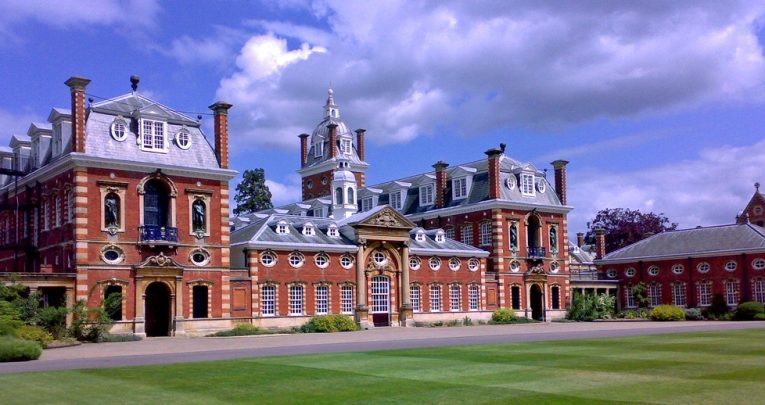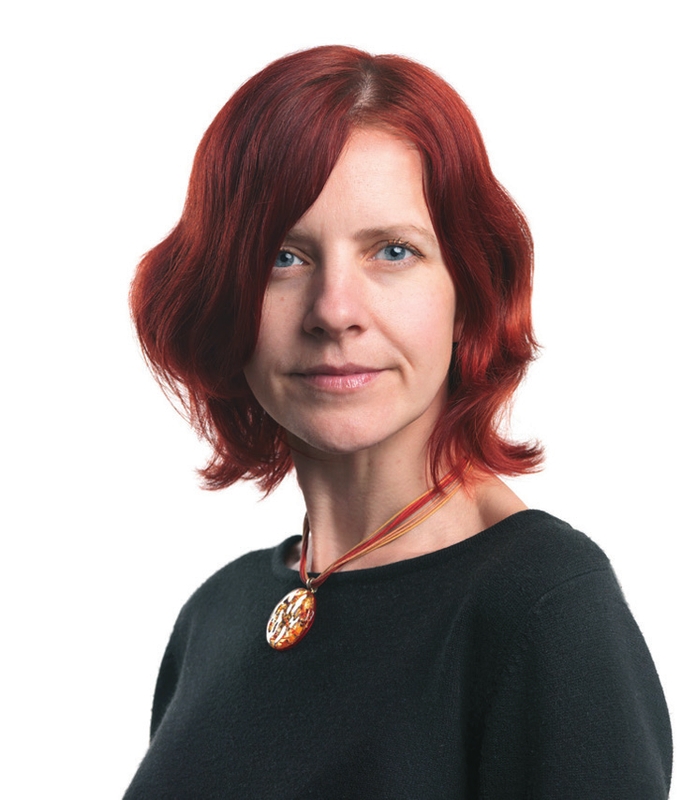Things We Learnt at This Year’s Festival of Education (Part Two)

Teach Secondary editor Helen Mulley reports after a second day of discourse and debate at Wellington College…

- by Helen Mulley

Another day, another set of choices – once again, the main challenge was picking just seven from over 200 sessions, most of which looked like they would have given me serious, useful food for thought; I’m sure I missed some brilliant talks and discussions – but here are a few things I picked up from the ones I selected…
1 | We need more mathematicians
The first slot of the second day is always a tough festival gig, but Paul Glaister, Professor of Mathematics and Mathematics Education at the University of Reading, rose splendidly to the occasion, delivering his presentation – ‘all students should study maths to 18’ – for the benefit of not quite half a dozen audience members, in a room that seats several hundred.
He hopped down from the stage, abandoned the mic, and drew us all into an intriguing discussion about why post-16 maths is so important; what it could and should look like; what steps have already been taken to improve things; and what still needs to happen.
All 16-18 institutions should be offering Core Maths, he told us… but there aren’t enough teachers.
And of course, until we persuade more students to study maths to 18, recruiting more maths teachers is going to continue to be a problem.
It’s a trickier conundrum than Hannah’s sweets.
2 | Too much autonomy is a bad thing…
… and so is not enough. For session two, I went to a debate chaired by governor Naureen Khalid, with TS favourites Ben Newmark and Becky Allen (co founder of Teacher Tapp) joined by Ethical Leadership Commission Chair Carolyn Roberts, and Ofsted’s Sean Harford.
The topic was ‘how can we balance trust, autonomy and accountability in the system?’ – and the discussion was lively, informed and very good-humoured.
Essentially, everyone was in favour of balance (who’d’ve thought?) – and reasonably sure that ‘the system’ is heading in the right direction to achieve it, albeit with a way to go.
Gone are the days when a wet-behind-the-ears history teacher could spend four weeks teaching his class to perform a musical called ‘Ra Ra Rasputin’ (eh, Ben?) – but also consigned to the past, it is to be hoped, are SLTs coming down hard on Learning Intentions not being displayed on the IWB in every lesson, feedback given in the wrong colour pen, or a failure to identify every student’s preferred learning style….
3 | Sarah Hewett-Clarkson is a quiet hero
Titled ‘should primary schools teach children about LGBT relationships?’, this was always going to be a passionate debate – but I hadn’t realised that Sarah Hewett-Clarkson, head teacher at Anderton Park primary school in Birmingham, which has been besieged by protesters over recent weeks, was going to be one of the speakers.
Having her on the panel, speaking with sincerity about the ethos of her school, and how it has felt to have it under attack for so long, was incredibly moving and powerful – and despite contributions from Judith Nemeth, director at The Values Foundation for Faith and Families in Education, putting forward the case for respecting orthodox religious views under the same Equalities Act that has sexuality as a protected characteristic, it was Hewett-Clarkson quoting Shylock by heart that completely captured the spirit of the audience (and indeed, provoked a standing ovation).
“You’ve been let down,” Luke Tryl, director at the New Schools Network and former director of strategy at Ofsted, told her – and whatever one’s feelings about the issue itself, it’s very hard to disagree with that.
4 | We need to be more Liz
Dropping names like confetti throughout, as he does, Gyles Brandreth had the audience in the palm of his hand as he spoke with wit and warmth for 40 minutes about ‘how to make wellbeing happen’.
We need to learn from Her Majesty the Queen, Dame Judy Dench and, erm, Roger Moore, apparently – and we start to do that in three ways: by being a leaf on a tree (unique, but attached to an organisation larger than ourselves); by breaking the mirror (being less inward looking); and by cultivating a passion (in the Queen’s case, it’s horses).
In all honesty, the value of the session was rather more in Brandreth’s inimitable delivery than anything particularly startling about what he said; but he ended by thanking teachers, everywhere, for the part they play in building children’s happiness – and although crowd-pleasing is his natural MO, we all pretty much believed he meant it.
Which was nice.
5 | The exclusions conversation really isn’t an easy one
This was definitely the most compelling debate of the two days for me.
Brilliantly chaired by Kiran Gill, founder of The Difference (a charity with the aim of training head teachers to be able to work more effectively with and for young people at risk of exclusion), it featured contributions from Zahra Bei, of No More Exclusions (‘What do I think? Well, the clue is in the name…’); Mark Lehain (Parents and Teacher for Excellence); Tamsin Ford, professor of child and adolescent psychiatry, University of Exeter College of Medicine and Health; and Tony Clayton, head of The Constance Bridgeman Centre (a PRU); as well as some pretty powerful voices from a packed floor.
There was some anger, although directed more at the system and government than at anyone actually in the room; passionate conviction; and above all, huge compassion for the vulnerable young people about whom we were talking, from everyone.
Lehain suggested we should look for ‘appropriate’, rather than ‘alternative’ provision; Bei pointed out that a year’s non-boarding education at Wellington costs about the same as putting a kid in a PRU, so perhaps we should just send all excluded children to private schools; and Clayton spoke with fierce contempt about the abuse of exclusion by certain schools.
Even those who thought that yes, exclusion is the right answer for some pupils, agreed that this can only be the case if what happens next is what is right, too.
And it is the horrible truth that at the moment, it very rarely is.
6 | Poetry can slow students down (in a good way!)
Watching and listening to poet Sophia Thakur was a joy; her mellifluous voice, potent words and thoughtful reflections clearly striking a chord with audience members.
Poetry is the only art form that enables you to work through the detail of your feelings, she said – to pause, and put them in context; yes, you can paint a picture that’s fuelled by your anger, or your grief – but if you write a poem about those emotions, you are forced to find a beginning, a middle and an end, and to create a narrative.
7 | David Baddiel has a scurrilous story about Michael Gove…
… and he’s not afraid to share it. Ask him. I dare you.
And that’s it for another year – cheers, #EducationFest, it’s been a blast!











